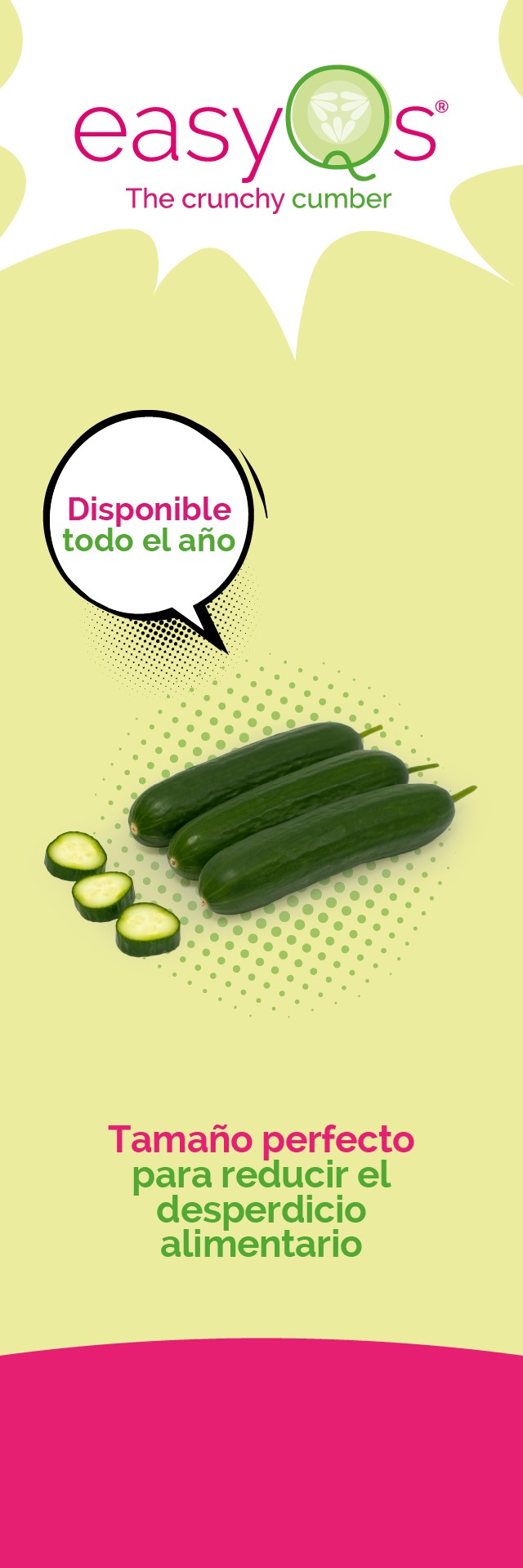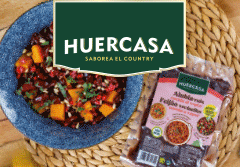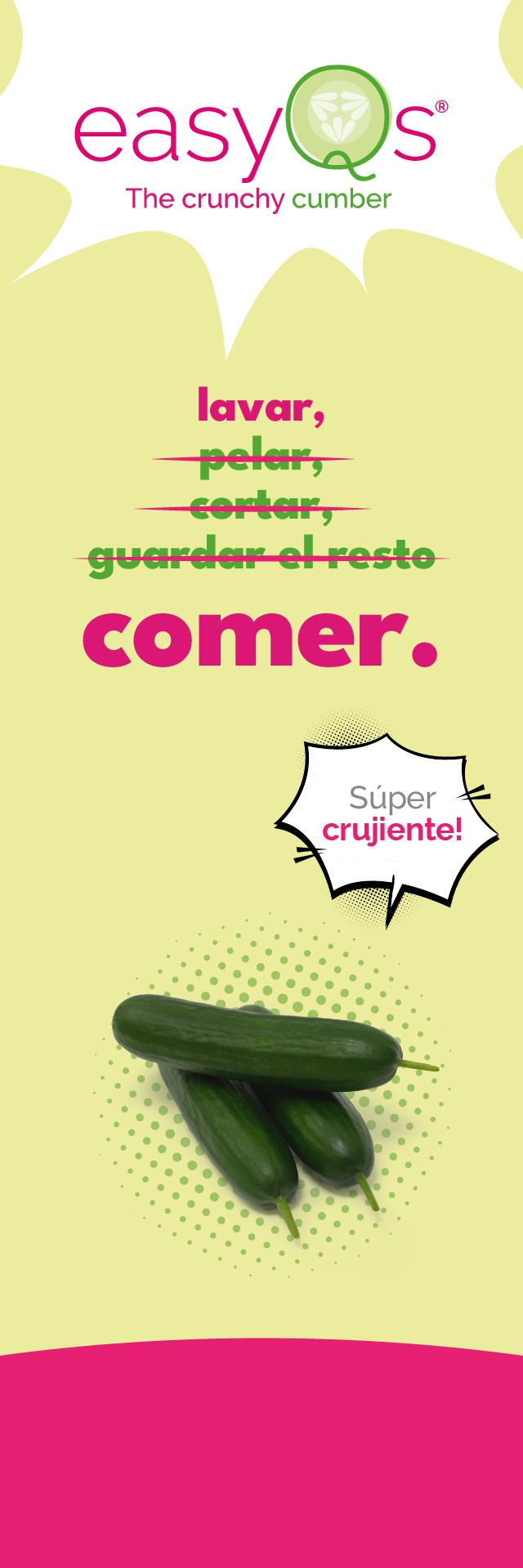The segmentation of Fuji apples is providing excellent results for the French company.
Blue Whale introduced the Fuji apple onto the Spanish market during the decade of the 1990s. Today, the company continues to be a leader here in Spain, owing to the suitability of its cultivation areas.
Blue Whale’s Fuji offer is evolving thanks to the introduction of new variety clones. This factor improves the fruit in terms of colour and it maintains the variety’s initial flavour. Due to this renewal, the Blue Whale Fuji offer has now been segmented into 3 emblematic brands:
Fuji Premium® and Fujissime® for the top quality selections.
Liliblue® is a smooth-skinned, brightly coloured Fuji for a brand that is positioned in a qualitative market segment.
And Fuji Primer® is a brand that identifies a clone, exclusively developed for Blue Whale. It is an earlier variety, less colourful, but it expresses all the flavour qualities from the moment of the harvest, without having to pass through a stabilisation phase in cold storage. The fruit is available from the beginning of September and for a limited time of around six weeks.
The Spanish market. Today Spain represents 2/3 of the sales of Blue Whale Fuji apples. At the beginning of January, the variety recorded a rise in turnover of over 30% compared to the same period from the previous year. This increase can be explained by the higher quality of the 2015 harvest compared to the one in 2014, an aspect that bodes well for sales dynamics over the season in general.
Likewise, the sales outside the EU continue to grow: The Blue Whale Fuji is making progress in Asia, the birthplace of the variety and the reference market for quality. The dynamics are also strong in Singapore, in Taiwan and in China. Furthermore, exports to South America continue to rise.
Blue Whale estimates that its Fuji sales outside Europe will represent 20% in a few years’ time.
The French market makes up 30% of the Blue Whale Fuji’s sales.
The balance of the 2015-2016 season is predicted to be highly acceptable, with a harvest that will be superior in quality, greater in volume (+20%); and with increasing sales for all the destinations. Of the 14,000 tonnes harvested in 2015, 7,000 had already been sold before the beginning of January.
Fuji is a variety that is very difficult to produce as it does not adapt to all the production areas. The Garona Valley, thanks to its climate and, particularly, to some very mild autumns, offers the perfect conditions for this variety, which reaches quality levels and sugar rates that allow important brand awareness.





















